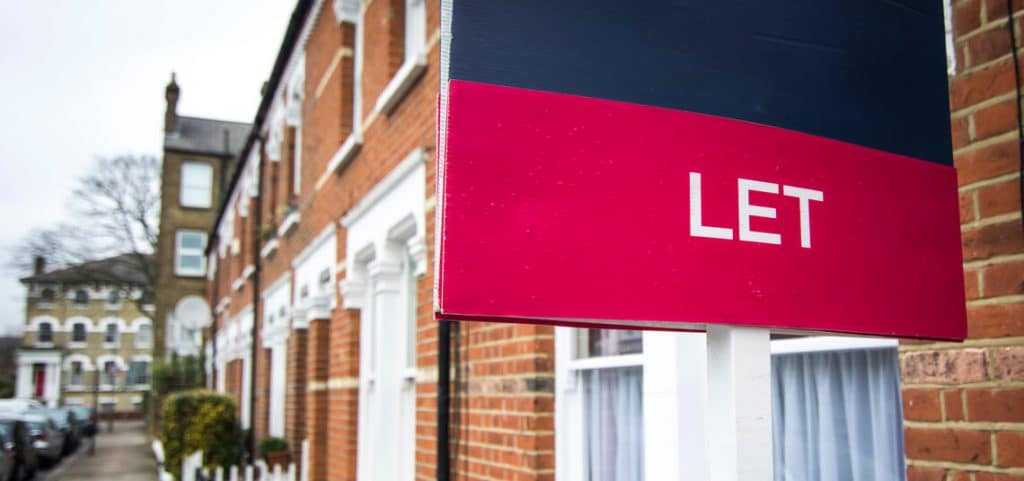You will hear the words “solicitor” and “conveyancer” bandied about during the property buying process. Yet, for many buyers, this is the point where confusion sets in. They end up asking themselves, “what’s the difference between a solicitor and conveyancer?”
And it’s the sort of question you really need to know the answer to. After all, getting a mortgage is a big deal, and the process should be totally transparent for everyone involved. Because we’re all about simplifying mortgages here at Molo, we’ve put this guide together detailing everything you need to know about solicitors and conveyancers.
What’s the difference between a solicitor and a conveyancer?
After your offer for a property is accepted, you will be asked to start the legal process of buying a home. This is where solicitors and conveyancers come into play — they handle the legalities involved with purchasing bricks and mortar.
A solicitor is a general legal professional who is well versed in law. They may specialise in an area of expertise, but, ultimately, they have excessive knowledge on a variety of subjects and offer a full range of legal services. Solicitors are qualified lawyers.
A licensed conveyancer specialises in property but isn’t well versed in other aspects of law. That means they probably can’t deal with complex legal issues but can go through the property-buying and selling process, dealing with things like searches and mortgage completions.
Conveyancing is simply the legal term for transferring ownership of the property, whether you’re the buyer or the seller. Ultimately both a conveyancer and solicitor do the same job – to the point we mostly use the general term ‘solicitor’ here at Molo when it comes to the legal aspect of buying a property.
What’s more important is picking a good solicitor who regularly updates their client while providing support in what is often described as the most stressful part of buying a home.
That means the focus should centre around finding a solicitor who can provide an excellent service. To do that, you need to have an idea of the conveyancing process and how it works.
How does conveyancing work?
As soon as you make an offer you may need to provide the details of your solicitor, including their name and contact details. If the offer is accepted, you will then need to instruct them to begin legal proceedings. Here’s what you can expect during the process:
- Legal work – the solicitor will examine the draft contract and any supporting documents before raising the relevant enquiries with the seller’s solicitor.
- Property and title searches – . From checking that the seller is the legal owner, to making sure there are no planned works near the property, these searches are often required to ensure no issues arise with the property you are buying.
- Mortgage conveyancing – your solicitor will receive a copy of the mortgage offer and go through the conditions. Part of this may include a mortgage valuation, so they know if the property is worth the accepted offer.
- Signing contracts – before signing the contract, the solicitor ensures all enquiries are satisfactory, details the fixtures and fittings included with the sale, and sees that you have made arrangements to transfer the deposit.
- Contract exchange – you and the seller agree on a date and time to exchange contracts and complete the sale. The solicitor will arrange the time and date and finalise the details.
Buy-to-let conveyancing fee
- Competitive legal charges
- Choose across over 20 conveyancing firms
- Real-time updates and a personalised experience
The above is a general description of how the conveyancing side of buying a property works. Each sale is different, however, and there may be a few extra steps required depending on the lender and the property type. This is especially true if you’re remortgaging a property. Having the information above gives you a good starting point for what to expect when hiring a solicitor.
It’s always important to remember that solicitors will handle contracts, carry out local council searches, deal with the Land Registry, and transfer the funds to pay for your property.
How do I find a solicitor?
Choosing a good solicitor is an essential part of buying a property. You can start by asking friends and family if they have previously worked with anyone they recommend.
Another option is using Molo’s conveyancing services, powered by our partner. LMS manages a panel of qualified conveyancing solicitors that you can choose from. We’ll even instruct the solicitors for you, during the application process. Instructing early usually means that you will get a head start on the legal work and get the keys earlier so its a great way to help meet any deadlines you may have.
When you apply for a mortgage with Molo, you will be presented with competitive prices from solicitors to handle your conveyancing. You can browse profiles and reviews of each one to find the best fit.
The LMS platform offers complete transparency into the conveyancing process. That means you can track progress and communicate directly with your assigned solicitor through the LMS platform.
So if you want conveyancing made easy with the support of our trusted partners, look no further than Molo’s LMS-powered offering.
How much should I pay for a solicitor?
Solicitors charge in different ways. Generally speaking, some have a fixed fee, while others charge at an hourly rate. Or they may take a percentage of the property price as their fee. It’s best to get quotes from a few different firms so you can compare prices.
The quotes should provide you with a complete breakdown of pricing, including what they charge for…
- Property searches
- ID verification
- Solicitor verification
- Bankruptcy searches
- Bank transfer fee
- Land Registry fees
- Stamp Duty Land Tax, Land Transaction Tax and Buildings and Land Transaction Tax where applicable
- Disbursements
- Additional work if the process is more complex or urgent than initially expected.
When using Molo’s LMS-powered conveyancing services, you can easily compare pricing from our panel of trusted solicitors. The quotes clearly break down all expected fees so there are no surprise costs later. Our platform is designed to optimise transparency in solicitor billing and streamline the entire quoting process.
Buy-to-let conveyancing fee
- Competitive legal charges
- Choose across over 20 conveyancing firms
- Real-time updates and a personalised experience
How long does conveyancing take?
There’s no set time for how long conveyancing takes, and it’s usually the most time-consuming process of buying a home. As mortgage lenders here at Molo, we can have the application approved and ready to go fairly quickly. But you will need to wait until the solicitor has finished all of their checks before you can complete.
The average time for conveyancing is around 12 weeks but can take longer. It all rests on how quickly all parties respond to the solicitor and the complexity of your transaction. For example, legal work on leasehold properties can be more complex as there is more information to gather and review.
However, by using Molo’s conveyancing services enabled by LMS, we can expedite the process in certain cases.
Our Rapid Remortgage option allows qualifying customers to complete their remortgage in as little as 15 working days. LMS solicitors on our panel guarantee they will be ready to complete your transaction within this accelerated timeline or one that suits you.
So if timing is critical and you find yourself at risk of going onto the standard variable rate (SVR), our conveyancing can provide the speed needed to remortgage quickly. This exclusive Molo service breaks the mould of traditional 12-plus week timelines.
What’s so different?
Knowing the ins and outs of the legal side of buying a property will help you better understand the process. And when it comes to finding someone to handle the legals, it doesn’t really matter if they call themselves a solicitor or conveyancer. All that counts is that they’re good at their job and communicate with you throughout the process. If they do that, you can enjoy peace of mind and, hopefully, a stress-free approach to buying a house.
Now that you know the difference between a solicitor and a conveyancer, consider using Molo’s LMS-powered conveyancing services. Our hand-picked panel of qualified solicitors and conveyancers specialise in efficient, transparent property transactions. The LMS platform offers easy tracking and communication features so you always know what’s happening.
With competitive fixed fees and benefits like our Rapid Remortgage timeline guarantees, LMS takes the gamble out of finding the right person for the job. So feel free to explore Molo’s conveyancing offering if you want an all-in-one solution to the legal side of your purchase or remortgage. The lawyers are vetted, the technology handles the legwork, and all that’s left is a streamlined, stress-free process orchestrated by LMS.
Buy-to-let conveyancing fee
- Competitive legal charges
- Choose across over 20 conveyancing firms
- Real-time updates and a personalised experience



